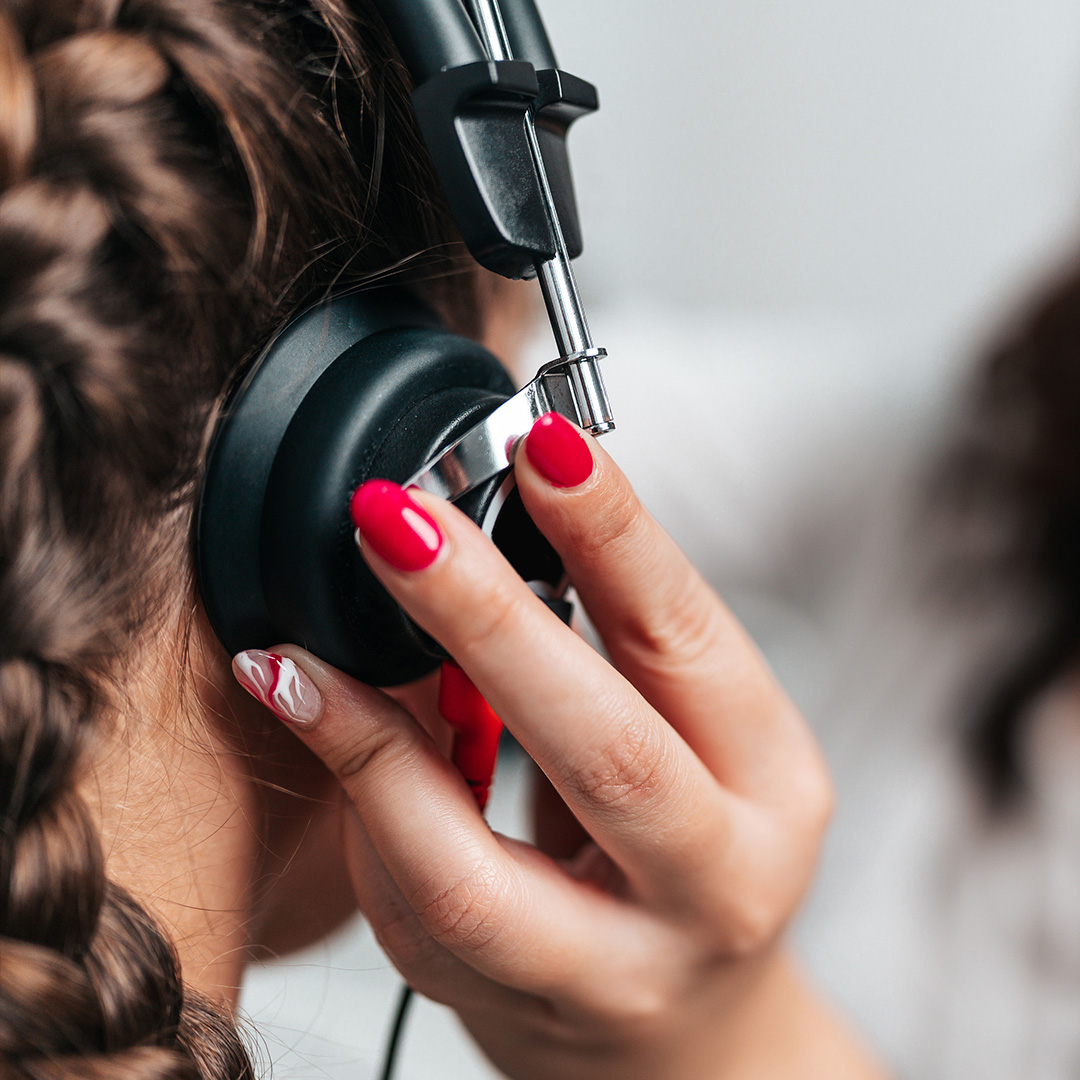Common triggers include sounds like chewing, breathing, or tapping. Unlike hyperacusis, which is a general sensitivity to all sounds, misophonia typically involves particular, often repetitive sounds that provoke a strong, negative response.

Some individuals may also benefit from cognitive behavioral therapy (CBT) to reframe their responses to trigger sounds, while mindfulness techniques and relaxation exercises can provide additional coping strategies. Building a supportive environment and communicating with friends and family about misophonia can further improve overall well-being.
Feel free to contact the clinic to arrange a full diagnostic hearing assessment with one of our audiologists.
Office opening hours are between 8:30am to 4:30pm
Please call to make an appointment.